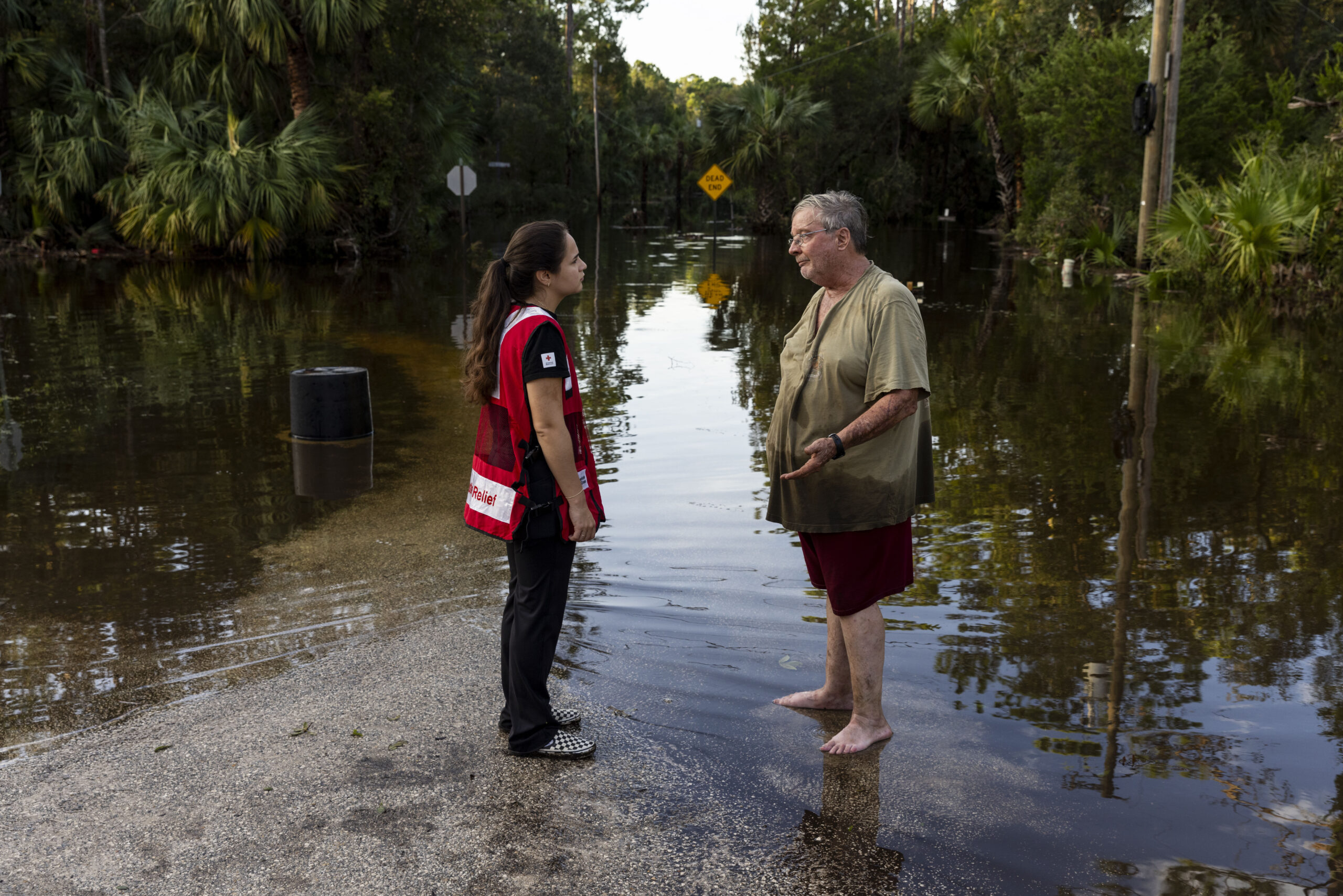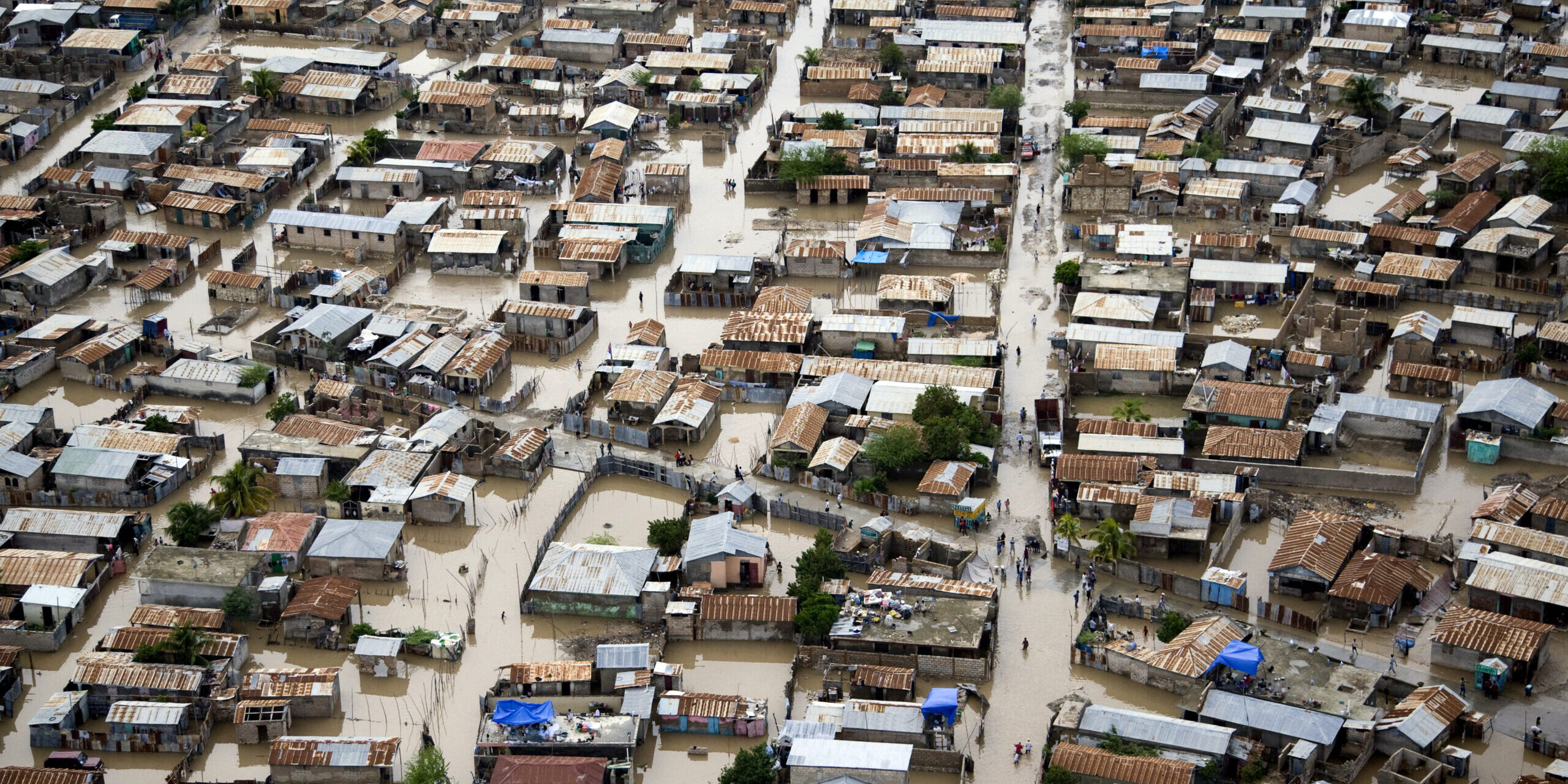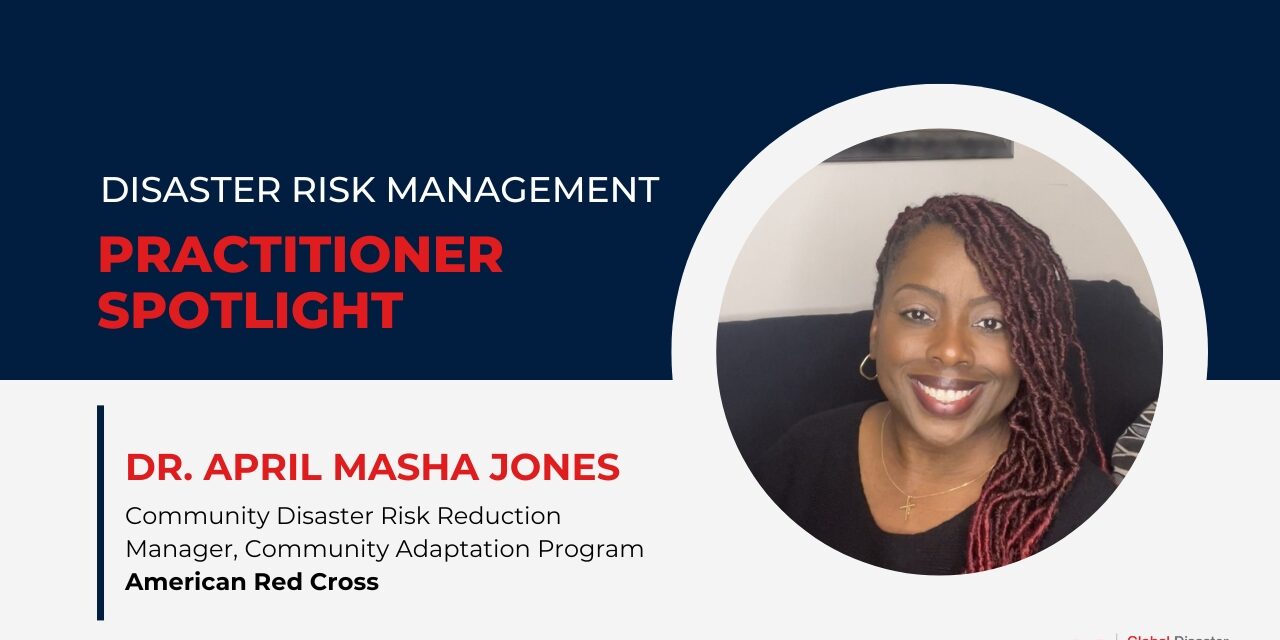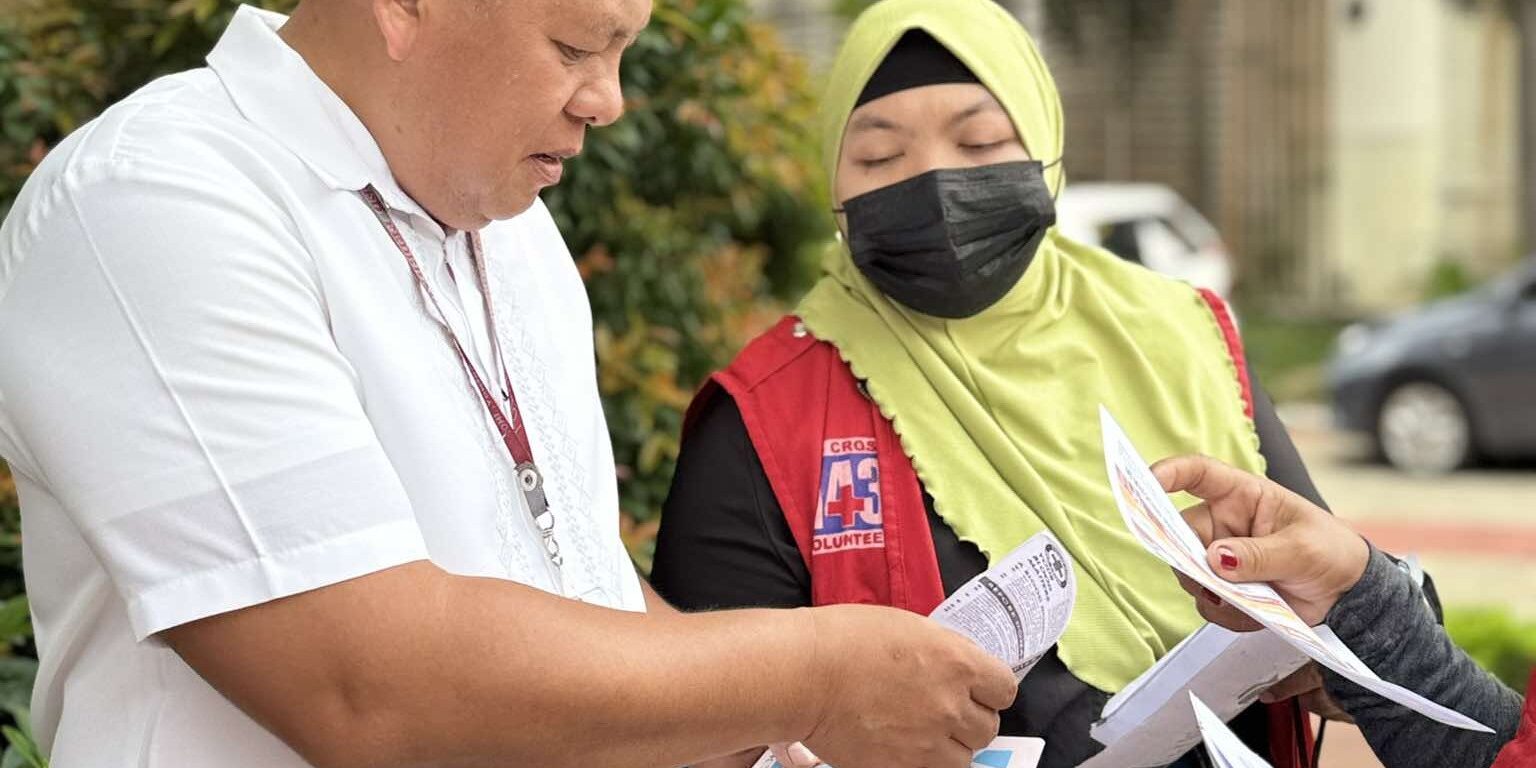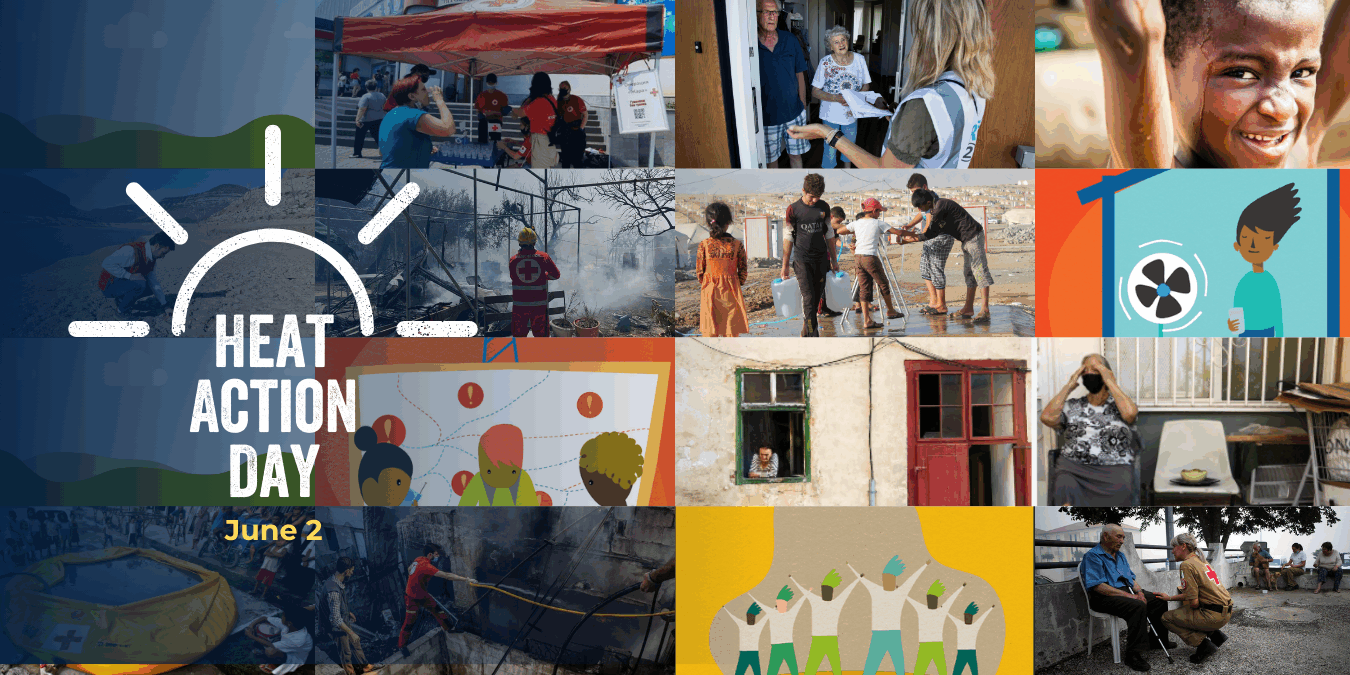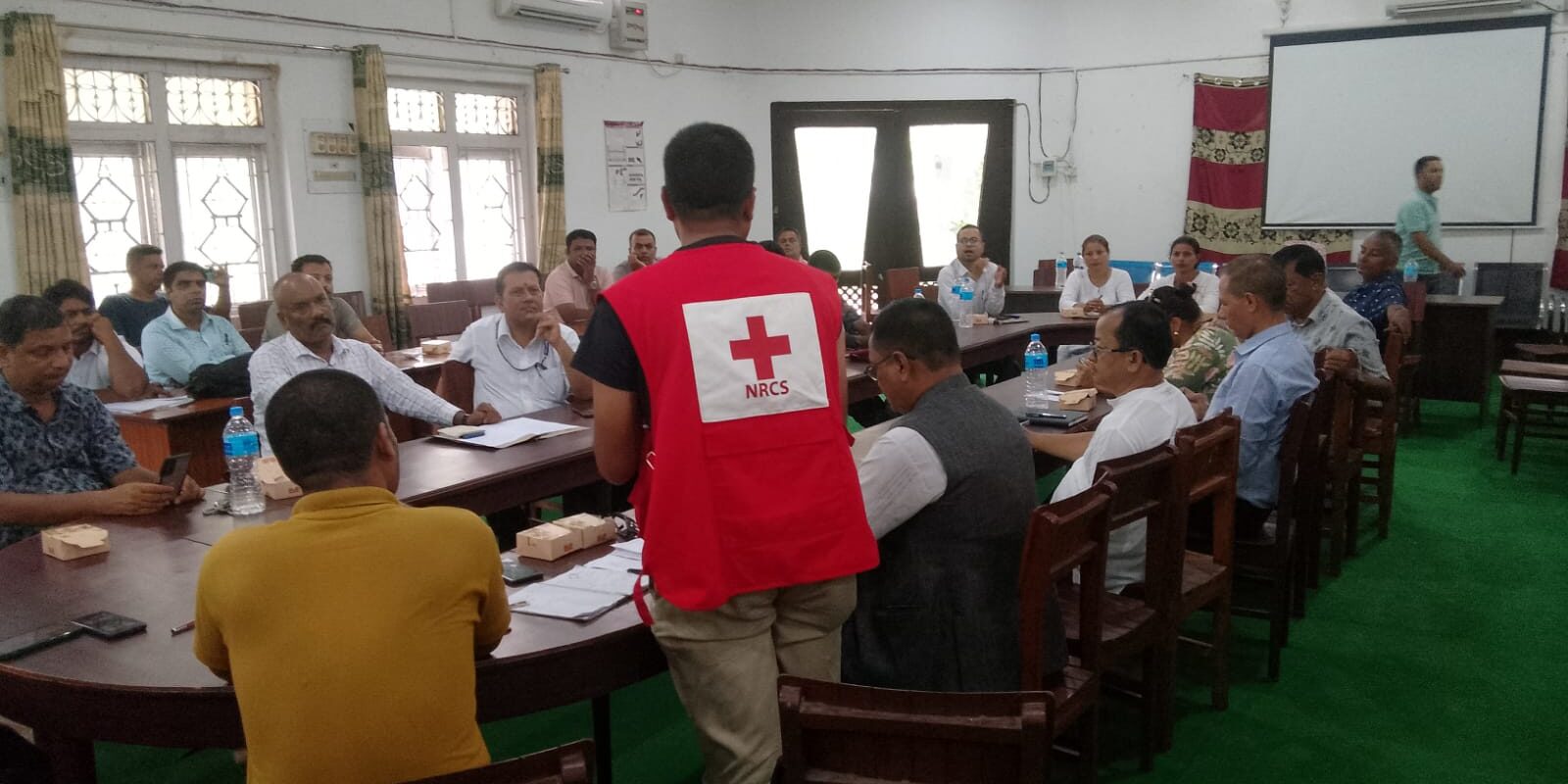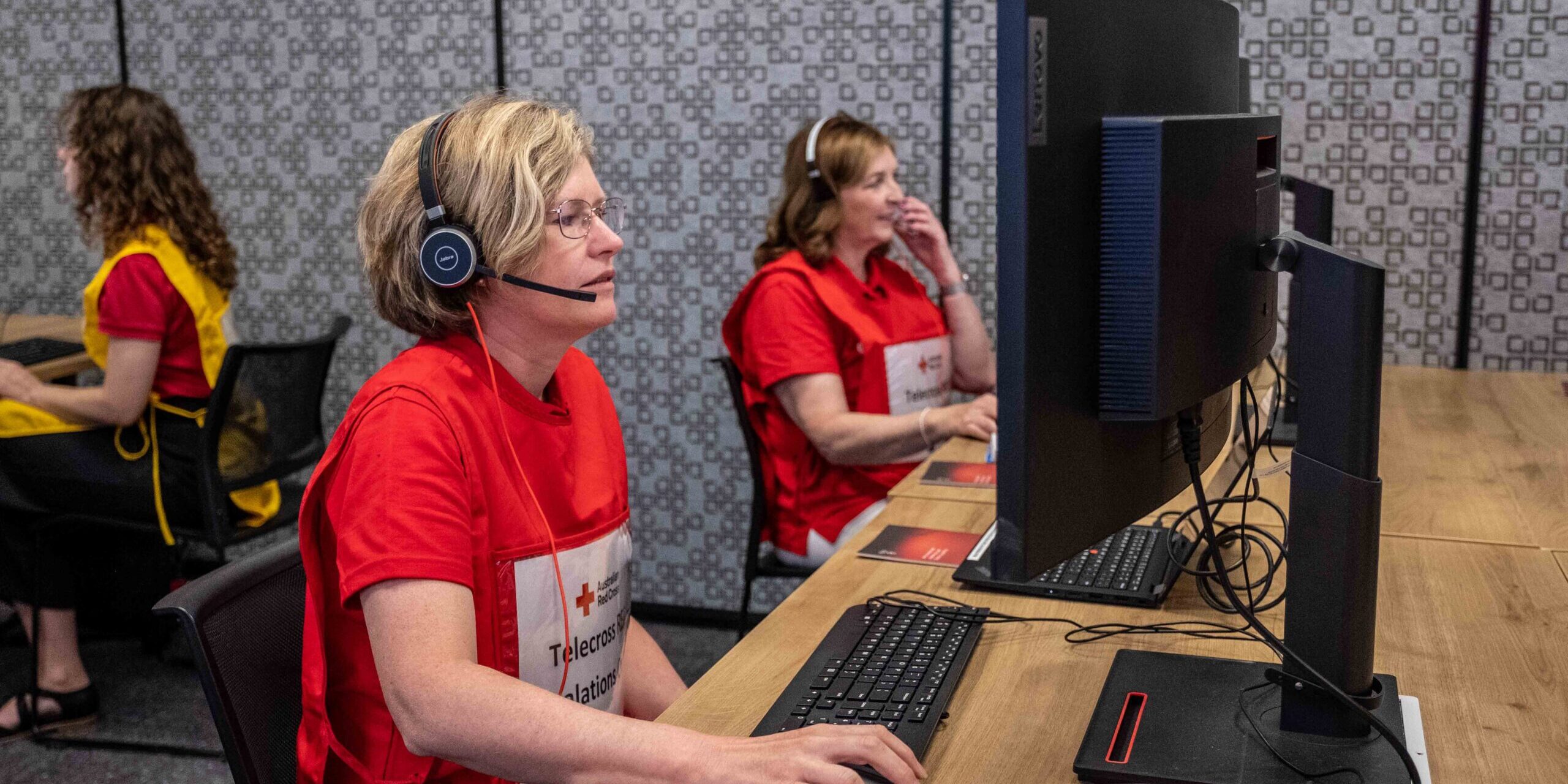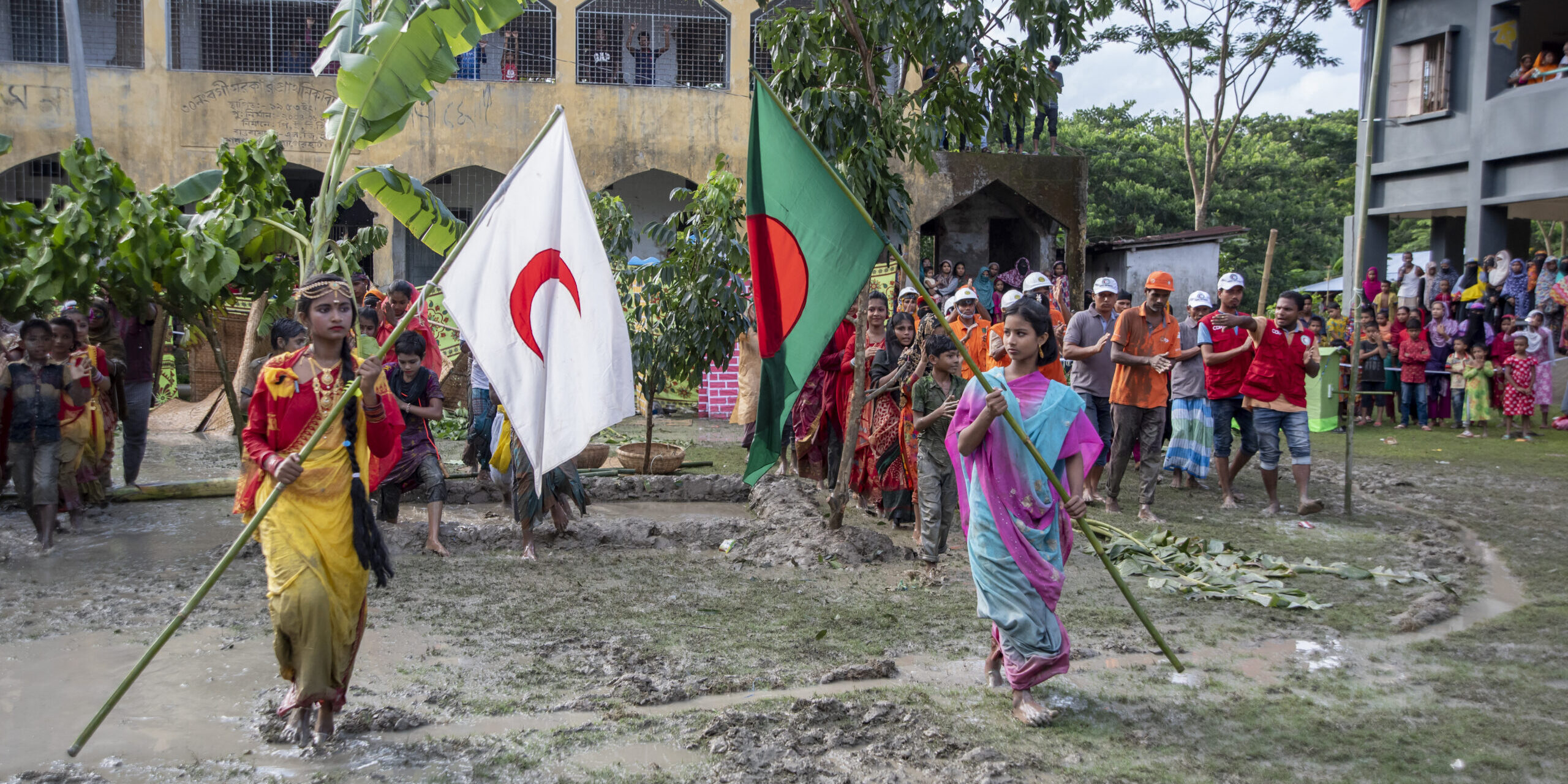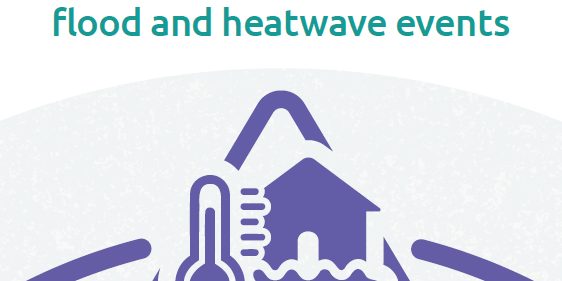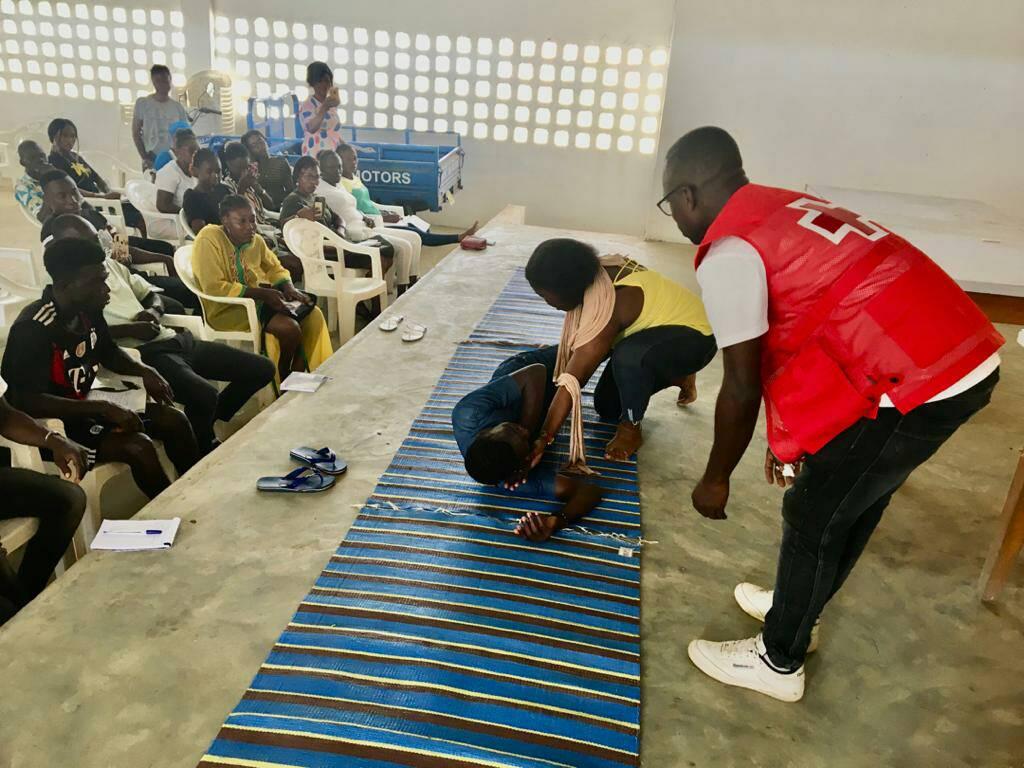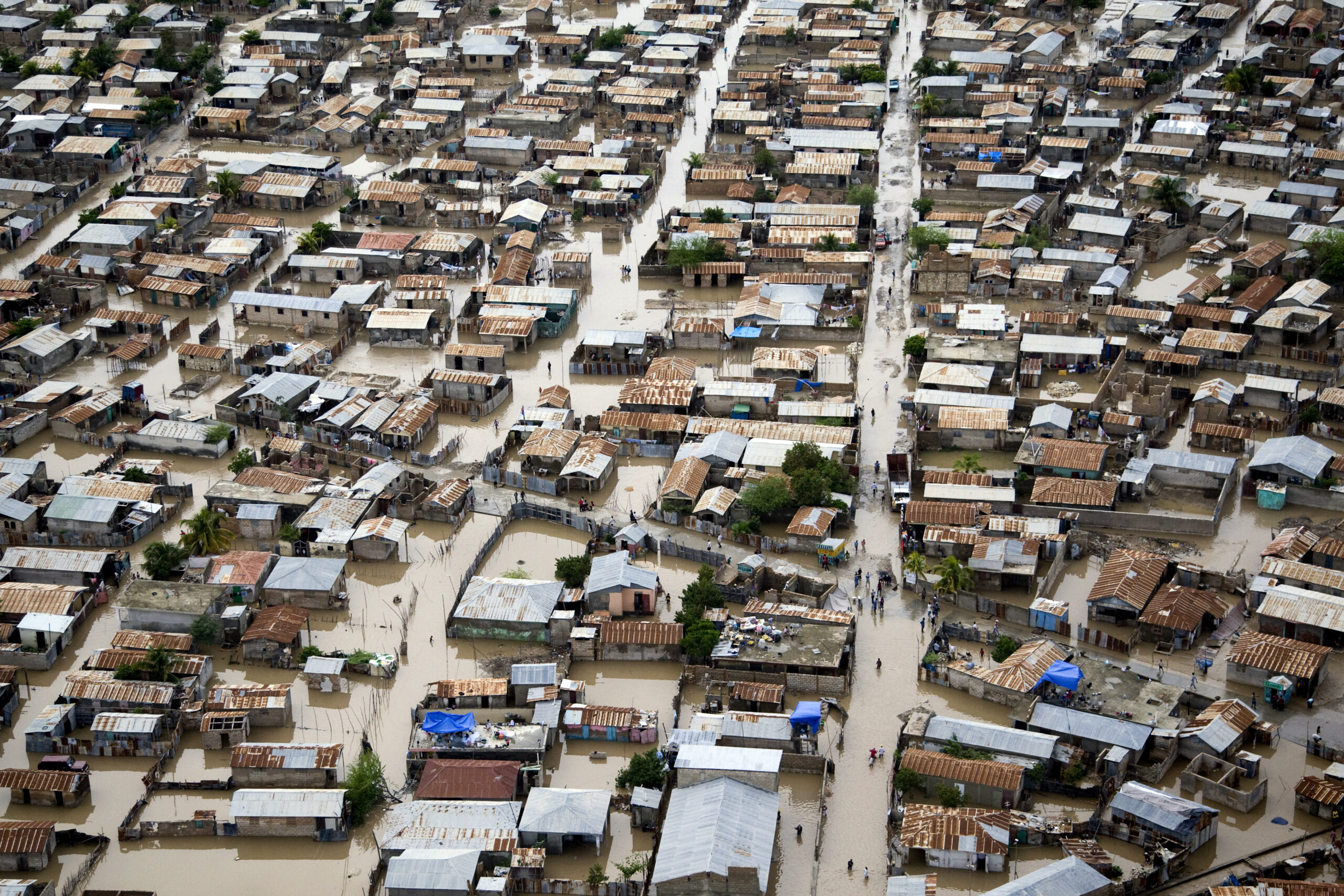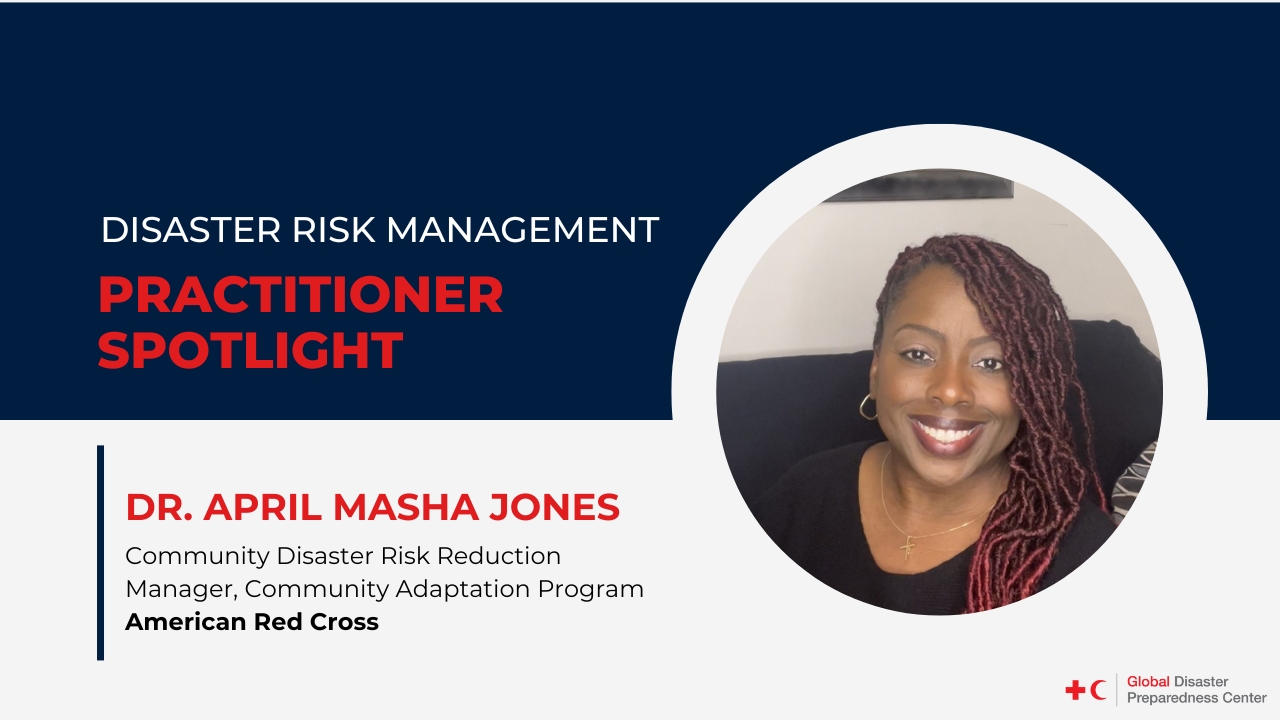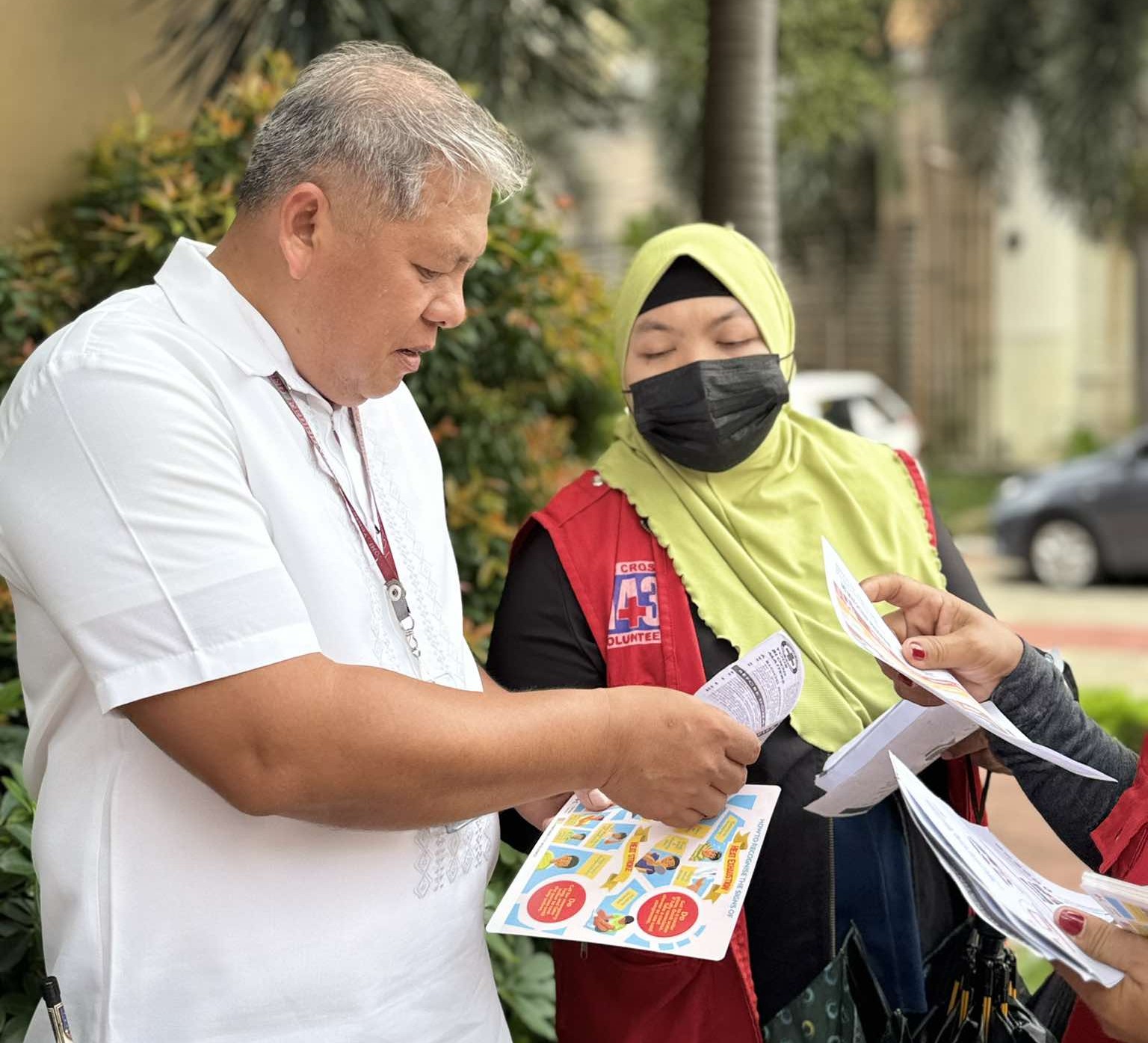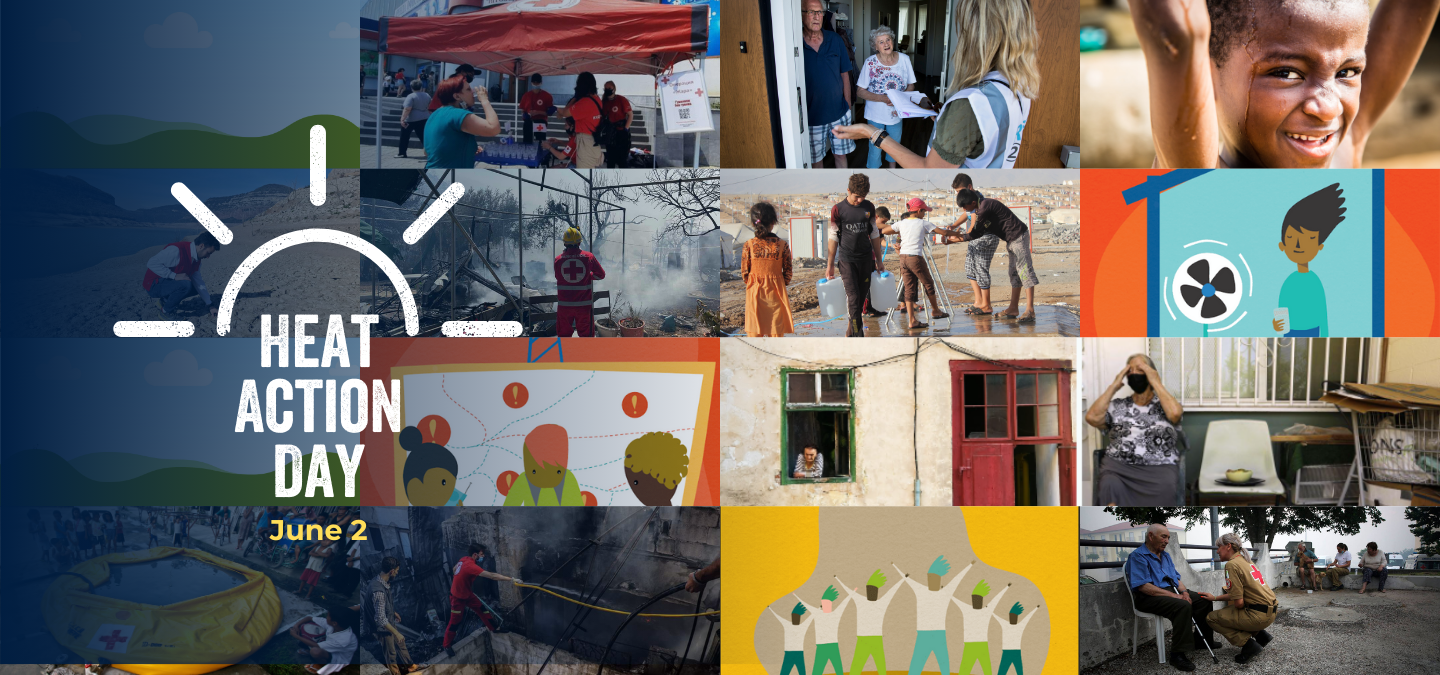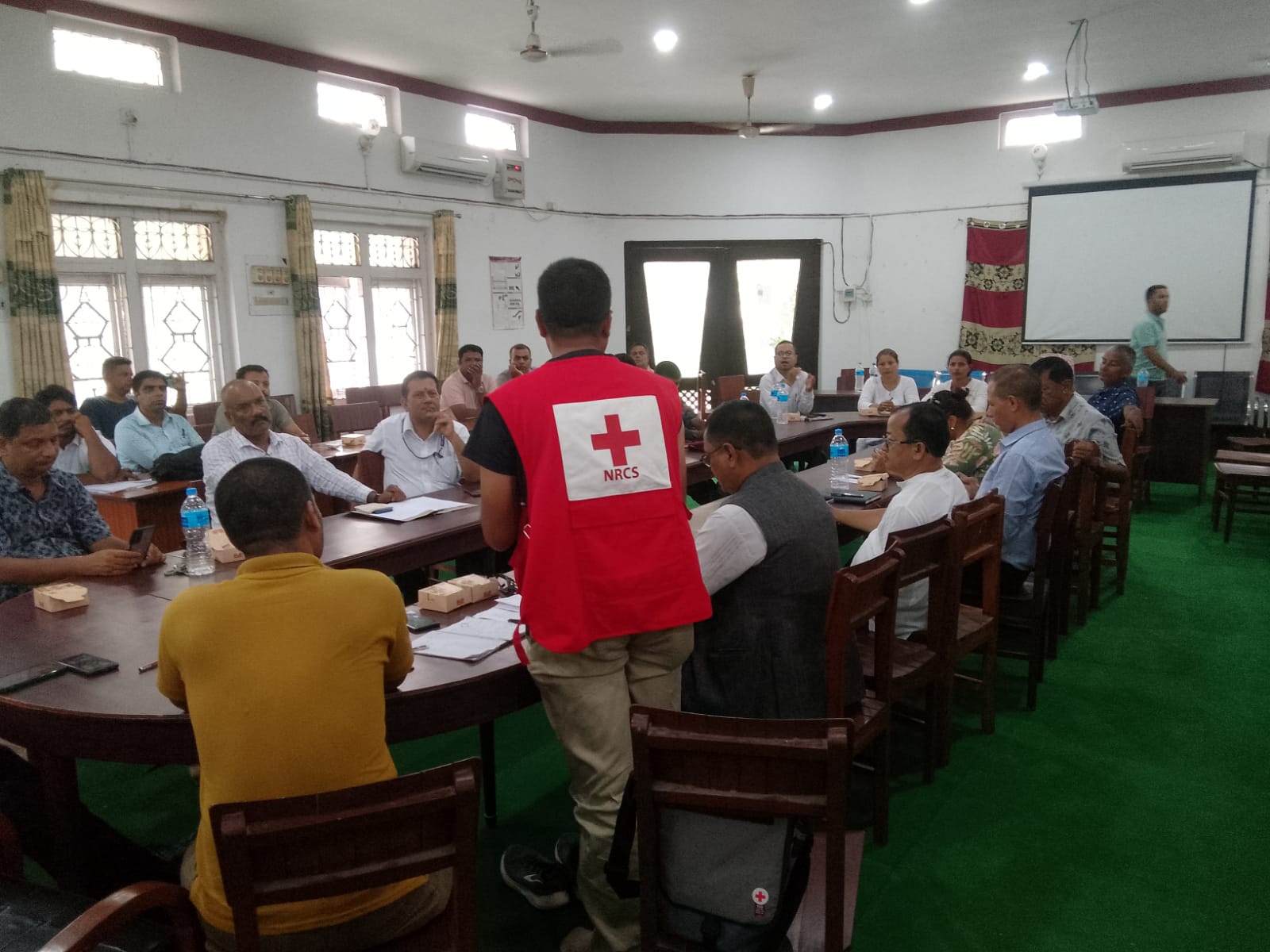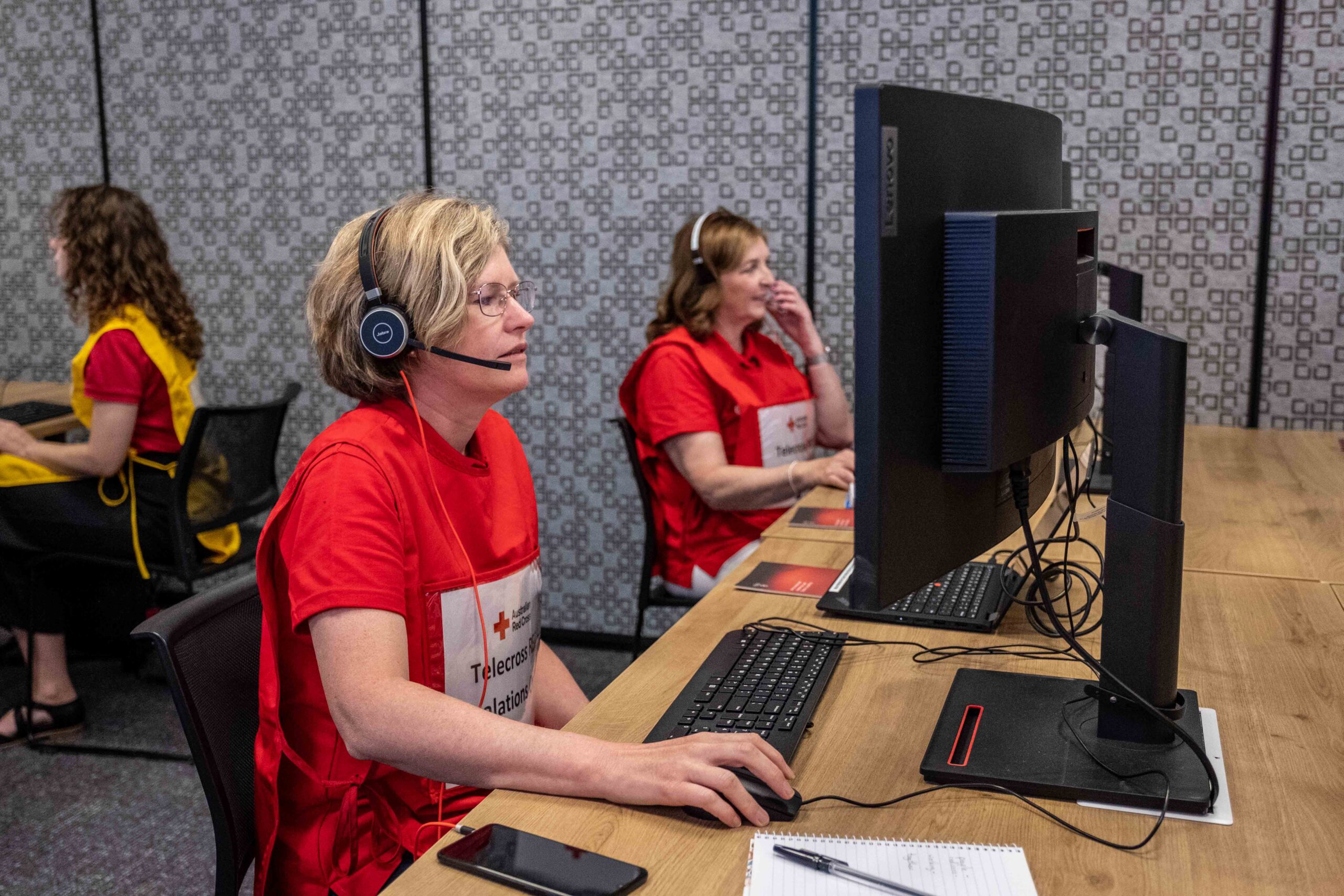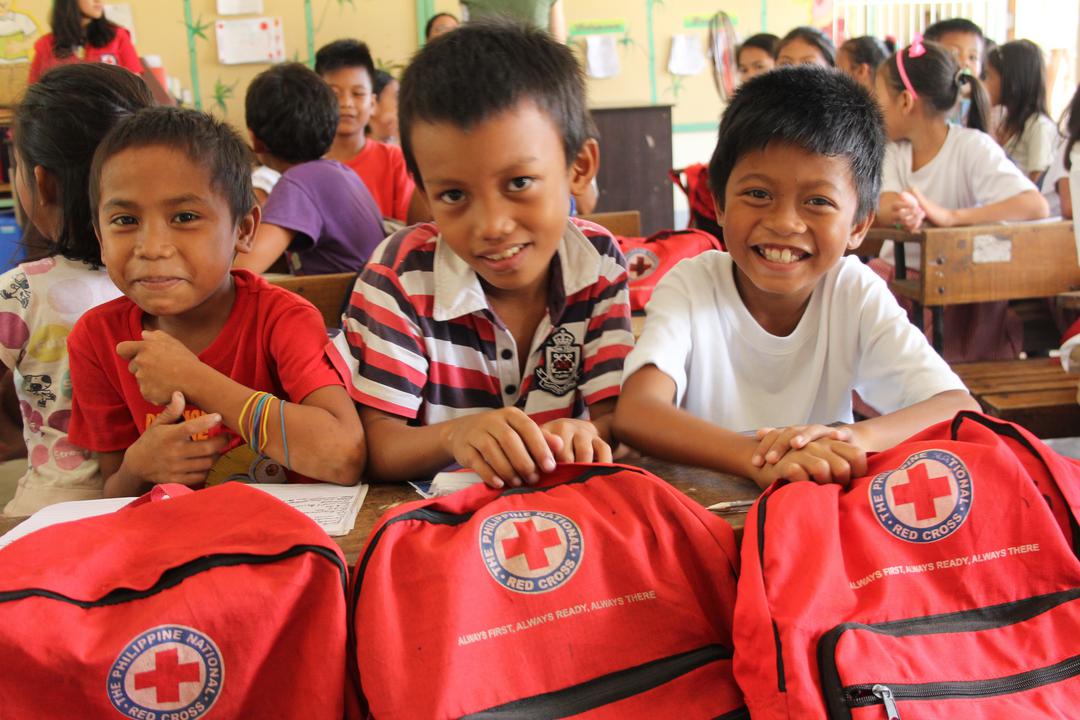Featured Stories
Strengthening Early Warning Systems for All: Evidence and Lessons from Last-Mile Communities
This report synthesizes findings from 15 GDPC-supported studies across 14 countries to examine why early warnings often fail to translate into timely,...
Unpacking the Summer: Learning About Heat in Adelaide
Listening Over Coffee: Stories Behind the Data The Post-Event Review Capability (PERC), developed by the Zurich Climate Resilience Alliance, offers ...
From Assessment to Action: A New Tool to Support Urban Resilience
Cities around the world are stepping up efforts to reduce disaster risk and build resilience. While many tools help identify vulnerabilities, the chal...
Community-First Approach: How the American Red Cross Helps Build Disaster Resilience Where It’s Needed Most
Across the United States, the American Red Cross is working to reduce disaster risks and strengthen the long-term resilience of the most vulnerable co...
Scorched Future: The Rising Toll of Extreme Heat in the Philippines
Authors: Mia Grace Ligutan, Seth Sarmiento, Steven Villena, Cale Johnstone Rising temperatures in the Philippines, particularly in urban areas ...
Heat Action Day 2025 – Activities to #BeatTheHeat all around the World
On Monday, June 2, 2025, we celebrated the 4th edition of Heat Action Day (HAD). As the impact of Heat Action Day spreads, our influence is a joy to q...
Strengthening Risk Governance from the Ground Up: Nepal’s MDRGA Tool in Action
Authors: Bhesh Parajuli | Cale Johnstone | Anil Rai Local Solutions for Local Risks Disaster risk is most acutely felt—and most effectively managed�...
Telecross Redi: Heatwave Service
Extreme weather events pose significant risks to vulnerable populations, especially those who are isolated or have underlying health conditions. In re...
Pre-Financing Anticipatory Action: A Practical Guide for National Societies
Anticipatory action is expanding and being mainstreamed across the Red Cross Red Crescent Movement. As National Societies add more Early Action Protoc...
Double Jeopardy: Addressing compound flood and heatwave events
Compound events, such as floods and heatwaves occurring in close succession or simultaneously, can interact in a way that creates more severe outcomes...
More Stories
 Filter
Filter
As part of its ongoing commitment to youth and community resilience, the Red Cross organized a first aid training session for young people at the Bimb...
When most people think of "disaster relief," they picture what happens after a hurricane or wildfire—volunteers distributing blankets, setting up sh...
Listening Over Coffee: Stories Behind the Data The Post-Event Review Capability (PERC), developed by the Zurich Climate Resilience Alliance, offers ...
Cities around the world are stepping up efforts to reduce disaster risk and build resilience. While many tools help identify vulnerabilities, the chal...
Across the United States, the American Red Cross is working to reduce disaster risks and strengthen the long-term resilience of the most vulnerable co...
Authors: Mia Grace Ligutan, Seth Sarmiento, Steven Villena, Cale Johnstone Rising temperatures in the Philippines, particularly in urban areas ...
On Monday, June 2, 2025, we celebrated the 4th edition of Heat Action Day (HAD). As the impact of Heat Action Day spreads, our influence is a joy to q...
Authors: Bhesh Parajuli | Cale Johnstone | Anil Rai Local Solutions for Local Risks Disaster risk is most acutely felt—and most effectively managed�...
Extreme weather events pose significant risks to vulnerable populations, especially those who are isolated or have underlying health conditions. In re...
Background Every child has the right to an education and should be allowed to learn in a safe environment. Worldwide, disasters, emergencies, shocks a...

